bloodshed, the Prophet followed an excellent principle which can be termed the Hudaybiyyah principle.
What Prophet Muhammad did with regard to the Hudaybiyyah treaty was to accept all the demands of the other
Popular search:
Search Results 9917 results
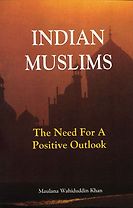
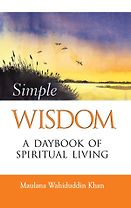
world made? Why was man born into this world? Why, after a certain period of time, does he pass away? What will happen after death? These are the most important questions concerning the origins and fate of

ability to learn new things or to embark on original investigation.
Remaining sedulously attached to what is old has come to be regarded by Muslims as religiosity, while associating with anything

a refuge for anyone!
People accumulate worldly wealth and fondly imagine that they have obtained what needs to be accumulated. Imagine their condition when death will expose everything of theirs to be

background to grasp an opportunity which is the only way to success.
One receives in direct proportion to what one gives. This is a principle which Indian Muslims should never lose sight of. Rather than be as

another method they can choose: to immediately come to an agreement and end their conflict. This is what reconciliation is about.
It is very rare for this sort of reconciliation to be equally in accordance
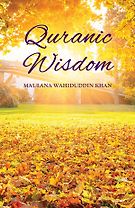
others, forbearance, deep wisdom, and the willingness to co-exist with others. These qualities are what make up a good person. One who is lacking in the spirit of tolerance is bereft of all kinds of human

very soon present his shukr, that is, acknowledgment to God. Then he will start thinking further: what caused the downpour? He will discover the natural processes that resulted in rain. He will think that
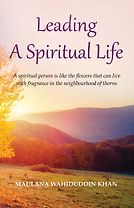
domain of the physical sciences encompasses the exploration of the quantitative aspects of nature, what is discovered therein is necessarily of a material nature. The domain
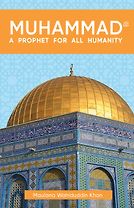
thought, sought to define and specify the basic tenets on which the whole concept of monotheism lies. What they failed to realize was that these are all unseen realities. Our present intellects are simply
Displaying items 9161-9170 of 9917 in total